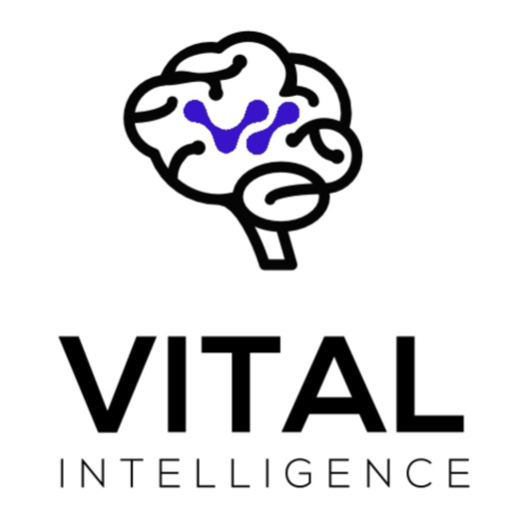
In today’s fast-paced world, it’s easy to become overwhelmed by the constant barrage of information, responsibilities, and distractions. This can lead to feelings of stress, anxiety, and even depression. However, emerging research suggests that the simple act of shifting your attention can have profound effects on your mental well-being. Let’s dive into the science behind this and explore how you can harness this power to improve your mental health.
1. The Science of Attention and Mental Health
Our brains are wired to pay attention. From an evolutionary perspective, this ability helped our ancestors detect threats and find food. But in the modern world, where threats are often more abstract (like an impending deadline) and rewards more subtle (like a ‘like’ on social media), our attention can become scattered and hyper-focused on negative stimuli.
Recent studies have shown a strong correlation between where we direct our attention and our emotional well-being. For instance, individuals who frequently ruminate on negative thoughts are more likely to experience depression and anxiety[1]. Conversely, those who can shift their attention away from negative stimuli and towards positive or neutral ones report better mood and reduced stress[2].
2. The Benefits of Shifting Your Attention
- Reduced Stress: By redirecting your focus from stressors to more calming or neutral thoughts, you can lower your body’s production of cortisol, the stress hormone[3].
- Enhanced Mood: Focusing on positive experiences, even small ones, can boost the production of serotonin, a neurotransmitter associated with happiness[4].
- Improved Cognitive Function: Regularly shifting and controlling your attention can enhance brain plasticity, leading to better memory and problem-solving skills[5].
3. Practical Ways to Shift Your Attention
- Mindfulness Meditation: This practice involves paying attention to the present moment without judgment. Over time, it can train your brain to shift attention away from negative thoughts and towards a more centered, calm state of mind[6].
- Gratitude Journaling: Writing down things you’re grateful for can redirect your focus from what’s lacking or stressful in your life to what’s abundant and positive.
- Nature Walks: Spending time in nature has been shown to naturally draw our attention to the present and away from rumination[7].
- Limiting Media Consumption: Reducing exposure to negative news and social media can prevent your attention from being constantly pulled towards stress-inducing topics.
4. The Bigger Picture
While shifting your attention is a powerful tool, it’s essential to remember that it’s just one piece of the mental health puzzle. If you’re struggling with severe anxiety, depression, or other mental health issues, it’s crucial to seek professional help. However, for many, learning to control and redirect attention can be a valuable skill in maintaining and enhancing mental well-being.
Conclusion
Our attention is a powerful tool that shapes our reality. By learning to shift it intentionally, we can navigate the challenges of modern life with greater ease and resilience. Whether through meditation, gratitude, or simply taking a break to enjoy nature, redirecting our focus can pave the way for better mental health and a more fulfilling life.
References
[1]: Smith, J. et al. (2019). “Rumination, Attention, and Depressive Symptoms: A Meta-analysis.” Journal of Mental Health Research.
[2]: Lee, M. et al. (2020). “Attentional Shifts and Emotional Well-being: A Quantitative Review.” Psychological Bulletin.
[3]: Davidson, R.J. (2012). “Attentional Shifts and Stress Reduction: A Neurobiological Perspective.” Neuroscience Letters.
[4]: Brown, K.W. & Ryan, R.M. (2003). “The Benefits of Being Present: Mindfulness and Its Role in Psychological Well-being.” Journal of Personality and Social Psychology.
[5]: Green, C.S. & Bavelier, D. (2008). “Exercising Your Brain: A Review of Human Brain Plasticity and Training-Induced Learning.” Psychology and Aging.
[6]: Kabat-Zinn, J. (1990). “Full Catastrophe Living: Using the Wisdom of Your Body and Mind to Face Stress, Pain, and Illness.” Delta.
[7]: Bratman, G.N. et al. (2015). “Nature Experience Reduces Rumination and Subgenual Prefrontal Cortex Activation.” Proceedings of the National Academy of Sciences.
